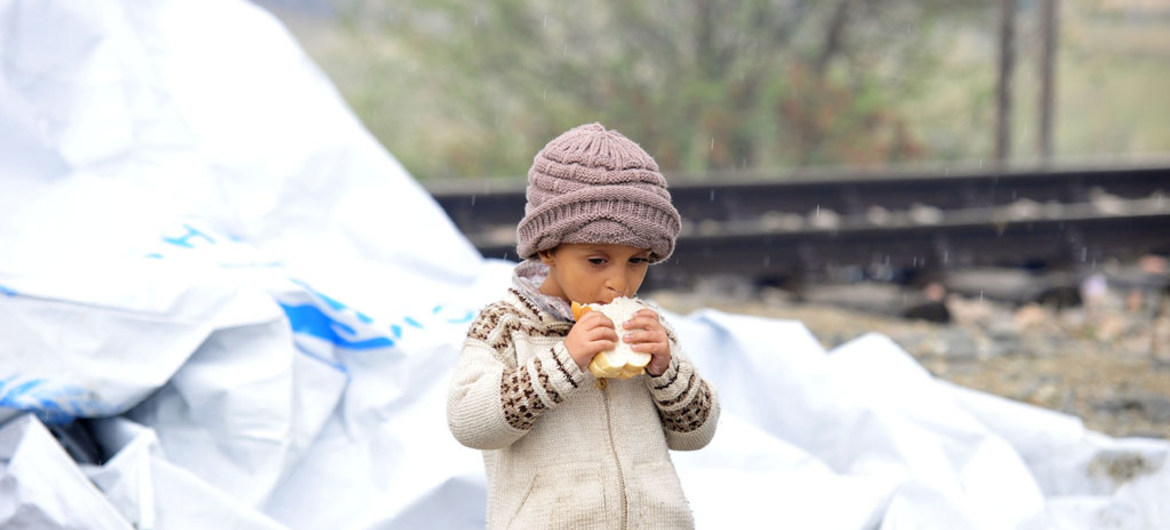
The Economy of Wellbeing (EoW) is a holistic, multi-sectoral policy and governance orientation that places people and their wellbeing at the center of policy and decision-making. This Virtual Side Event aimed at widening the discussion on the EoW approach to different contexts by bringing together speakers from Europe, Africa, and Asia to explore the EoW as an instrument for “just transition” towards achieving the Agenda 2030 goals.
Key messages
- The holistic and multidimensional wellbeing of people and the planet must be placed as the ultimate goal of all policies and decisions.
- Economy of Wellbeing is an integrated cross-sectoral policy that aims at realizing wider aspirations than measurable economic goals alone. It is well applicable to different contexts.
- The Economy of Wellbeing approach aims at building bridges between economic, social, and environmental policies to enable designing integrated approaches to transition to more sustainable development.
- While the concept of EoW is not necessary used as such in all contexts, there are good practice examples of the application of such a holistic and horizontal approach in both higher and lower income country contexts.
Recommendations
- Further dialogue and partnerships between public, private and civil society actors and intergovernmental organizations as well as other global actors are necessary for the implementation of the holistic Economy of Wellbeing approach.
- The participants favored continued dialogue on the Economy of Wellbeing approach in order to forward it to global decision forums as part of the Agenda 2030.
- Holistic and comprehensive social policies based on the goals of equity, social and gender equality and wellbeing for all are needed in order to facilitate a just transition to a more sustainable development path.
- Comprehensive social policy for a more inclusive, resilient and sustainable recovery in the post-COVID-19 world can strike a new, balanced interplay between social, environmental and economic aspects.
- Strengthening of social protection systems is a key instrument towards a just transition to sustainable development.
Speakers
- Ms. Jutta Urpilainen, Commissioner for international Partnerships, European Commission (pre-recorded message)
- Dr. Sania Nishtar, Federal Minister, Special Assistant on Poverty Alleviation and Social Safety to the Prime Minister of Pakistan
- Mr. Lefhoko Kesamang, Department of Social Affairs, African Union Commission
- Ms. Amanda Janoo, Knowledge & Policy Lead, Wellbeing Economy Alliance (WEAll)
Moderation by Mr. Veli-Mikko Niemi, Director General, Ministry of Social Affairs and Health, Finland
Organizing partners
Organized by the Government of Finland, co-sponsored by the African Union.

 Welcome to the United Nations
Welcome to the United Nations